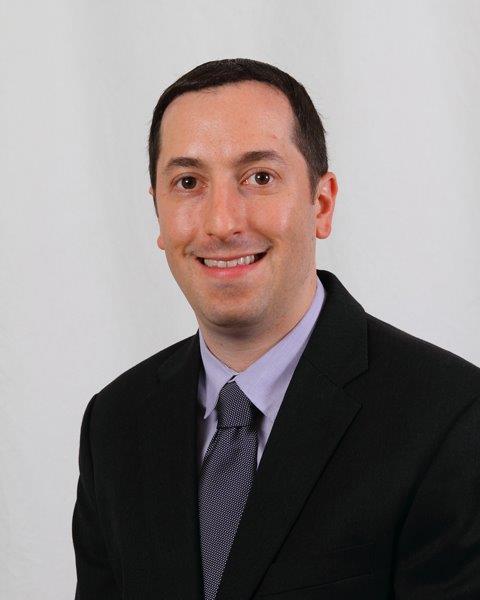Speaker(s):
Angela Gray, MSW, EdS
Presentation:
Teen girls from urban backgrounds often display challenging attitudes as defense mechanisms to hide the pain or trauma that has impacted their lives. Girls in pain are often misunderstood as simply “trouble makers,” without unpacking the root causes of the behaviors.
This interactive workshop will provide a lens to better understand teen girls’ urban experience. We discuss both internal and external factors-including low self-esteem, depression and anxiety, bullying, and the pressures they absorb from social media, music videos, and explicit songs. The workshop includes lecture, role play, and group sharing to enhance participants’ skills to empower teen girls.
Objectives:
1. Define attitude and how it relates to teen girls from urban backgrounds
2. Explore how self-esteem impacts teen girls
3. Explore the correlation of stress and poverty affects teen girls
4. Explore negative self-talk and negative thinking of teen girls
5. Examine internal and external factors in today’s society
6. Explore the attitudes of professionals and how they could impact teen girls
7. Discuss strategies that administrators, social workers, and counselors can use to help teen girls
Slides and Handouts:
Click here to download program slides or copy and paste the link below.
https://drive.google.com/file/d/1uiWXOEfcD-s9jK0BbZxN_dmumw-HJAqJ/view?usp=sharing
Download the slides as a PDF by Clicking Here, this is a very large file and may take some time to download depending on your connection speed.
https://drive.google.com/file/d/18pGlAuJyXXL8O_DDYzXcpQusJfxzkicP/view?usp=sharing



